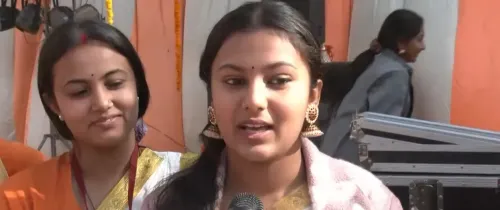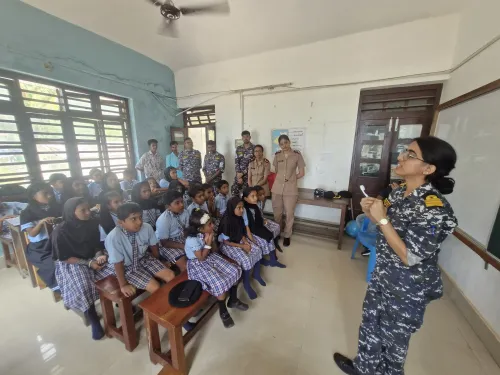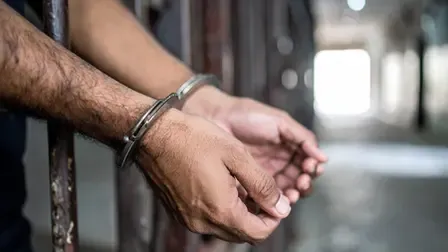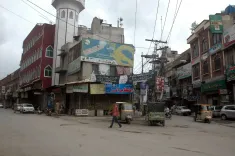How is the PM Awas Yojana Changing Lives in Sheopur?
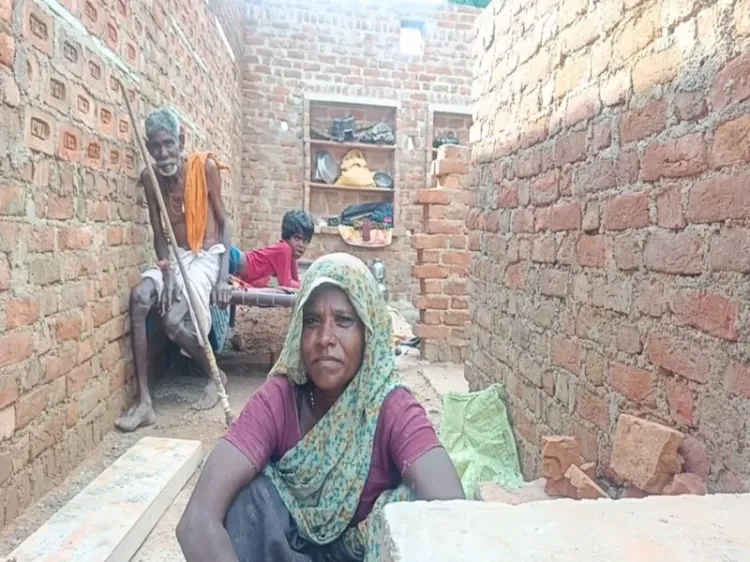
Synopsis
Key Takeaways
- PMAY is transforming lives in Sheopur.
- Beneficiaries report increased security and dignity.
- The scheme has improved education and health for families.
- PMAY is a significant step towards affordable housing.
- Many families see this as a new beginning.
Sheopur (Madhya Pradesh), Sep 18 (NationPress) The Pradhan Mantri Awas Yojana (PMAY) is a source of immense hope and joy for numerous families throughout India, and its transformative impact is evident among the beneficiaries in Sheopur district of Madhya Pradesh.
Many families, previously unable to afford their own homes, now reside in stable houses, thanks to the financial assistance offered by this central government initiative.
For residents like Kalli Adivasi, the PMAY has been a life-altering experience.
“We are thrilled to have our own house through the Pradhan Mantri Awas Yojana,” she expressed joyfully.
“It has been nearly 10 years since we received this house. Before this, we had no home of our own, but now we do – and all of this has come to fruition because of Prime Minister Narendra Modi.
Kalli notes that having a permanent residence has instilled a sense of dignity and security in her family that they had never known before.
Another beneficiary, Babu Lal, moved into his house just a year ago.
Reflecting on his past living conditions, he remarked: “We used to stay in a kutcha house. But now, we have a solid, permanent home. We are incredibly happy.”
He further added that life has significantly improved since relocating to his new dwelling. “We are grateful to the Prime Minister for this initiative. So many individuals can now attain homeownership due to this scheme. It is a commendable step taken by the government.”
The Pradhan Mantri Awas Yojana has emerged as a symbol of hope for the economically disadvantaged, providing them with an opportunity to live with pride, comfort, and stability. As the stories from Sheopur illustrate, it transcends mere housing – it is about restoring dignity and fostering opportunity.
Other residents shared similar feelings, noting enhancements in their children's education, health, and overall quality of life. With access to essential amenities and a secure living space, beneficiaries feel that this scheme has empowered them to aspire for greater things and improve their lives. For many, the PMAY represents more than just a program—it's a fresh start.



